English
What is the Intent of our English curriculum?
We seek to ensure that all students will become confident, fluent readers and communicators, with an appreciation of how our language and literature inform, inspire and impact in the world beyond the classroom.
We believe that reading should sit at the heart of a balanced curriculum, with exciting text choices that are carefully sequenced and become progressively more challenging and complex to enable students to become confident, fluent readers. At the core of students’ studies are whole short stories and extracts from a diverse range of high-quality texts which expose students to complex themes, ideas and characters, and help to shape and challenge their own views of the wider world.
We aim to equip every student with a broad foundational knowledge of the English language, including a secure understanding of grammar and its importance in writing. We know the importance of students being able to write fluently and in a variety of contexts, and writing lessons focus on explicitly teaching and rehearsing the knowledge and skills required to do so confidently. We encourage discussion and debate around issues and give students the tools to form an informed personal response. Modelling underpins instruction in order to teach students how to communicate confidently and fluently when speaking and writing independently.
Through English, we aspire for all students to become interesting, well-rounded individuals who are challenged and inspired to read both analytically and for pleasure, who will complete an enriching, relevant programme of study which will allow them to commence their post-16 choices with confidence in their spoken and written communication, and excited to develop their language skills beyond school and into their adult lives.
How do we deliver our curriculum?
-
In Years 7 & 8 we build on the key concepts, knowledge, skills and understanding acquired at KS2.
-
We are passionate about reading and start Year 7 by launching our Sparx Reader programme, working closely with the school library. Years 7-9 experience engaging fiction, stimulating poetry and the progression to more challenging Shakespeare and non-fiction texts. Throughout, we encourage creative responses and the application of knowledge through individual and group work, and spoken presentations.
-
Year 9 is both a culmination of KS3 and a foundation to KS4. By this stage students are able to tackle highly thought-provoking and seminal texts. Teachers will encourage personal and perceptive responses from students through targeted questioning in the classroom, structured group discussions and exam-style responses. Students in Year 9 will take part in a formal in-class debate and are invited to independently study a selection of poetry, making links and comparisons, and deepening their knowledge of grammatical and poetic terminology.
-
Literacy is a vital construct in English and across the curriculum, and in key stage 3 is supported through fortnightly SPaG lessons and whole-class reading in tutor time.
-
In Years 10 & 11 all students take GCSE English Literature and English Language, which includes a Spoken Language Endorsement, revisiting and consolidating the concepts, knowledge, skills and understanding established at KS3.
-
Well-constructed schemes of work following the 21st Century Trivium model and planning across both key stages provide a framework for progression and challenge.
-
We employ a range of metacognitive and cognitive strategies to meet the learning demands of the curriculum.
-
Regular formative and summative assessment provide key opportunities for feedback to inform students of their next steps in learning.
-
Opportunities are built into the curriculum for students to develop independence, resilience and perseverance, and throughout, students are encouraged to reflect on their growth and place in the world, and their responsibilities to other people and our world.
-
Enrichment opportunities such as author visits and workshops, theatre trips and drama performances in school, Carnegie Award Shadowing, and Youth Speaks are made available to all students.
What is the impact of our curriculum?
-
Students will have acquired the knowledge, skills and understanding in English to ensure that they enjoy and make good progress in their learning.
-
Data tracking in each academic year will identify the progress of individual learners and key groups, and will trigger appropriate interventions if required.
-
Regular moderation at KS3 will ensure that students are making good progress.
-
We expect that all students will sit both English Language and English Literature GCSEs.
-
Detailed analysis of English Language and English Literature GCSE (and equivalent) courses will inform future planning, teaching and learning.
-
Annual departmental reviews, including work scrutiny, will establish strengths and weaknesses leading to RAG-rated departmental development plans.
-
Regular reflection on the appropriateness of the curriculum will ensure teaching, learning and assessment is appropriate and challenging.
-
Monitoring ‘engagement in learning’ outcomes will reveal students’ attitude and motivation towards their learning as being good or better.
Thematically organised around ‘Detectives’, Year 7 is a year of self-discovery, with students exploring a single Big Idea over the course of the year: In our search for answers, we begin to discover more about ourselves. The journey begins with a focus on works of fiction, including the work of Conan Doyle, Roald Dahl and Alexander McCall Smith. Two short stories are additionally studied to support students’ appreciation of whole texts. Students cover the basics of good English writing and learn how to confidently plan and paragraph their own narratives. Alongside their studies, students read Siobhan Dowd’s The London Eye Mystery for pleasure. After this, students complete a Shakespeare study based on Macbeth, culminating in a short drama piece written and performed by the students; also in this term, students dip into detective-related poems by poets including Wilfrid Gibson and Simon Armitage. In the summer term, Year 7 are introduced to non-fiction writing and rhetoric, which is accompanied by a reading of Roald Dahl’s Boy. SPaG, and creative and transactional writing are a focus throughout Year 7, with a particular emphasis on writing grammatically accurate sentences. Also running across the year is a fortnightly exploration of the origins of English.
Content
Fiction Study: The London Eye Mystery by Siobhan Dowd
Poetry Study
Shakespeare: Macbeth
Non-fiction Study: Boy by Roald Dahl
What will students learn in Year 8?
Thematically organised around ‘The Gothic’, Year 8 is about understanding others better, with students again exploring a Big Idea: As we face our fears, we begin to understand others better. The journey begins with a focus on works of fiction, including the work of Charles Dickens and Bram Stoker. Two short stories are additionally studied to support students’ appreciation of whole texts. Students consolidate the elements of good English writing, with a particular focus on descriptive writing. Alongside their studies, students read Philip Pullman’s The Ruby in the Smoke for pleasure. After this, students complete a Shakespeare study based on The Tempest, culminating in a short drama piece written and performed by the students; also in this term, students dip into gothic poems by poets including Charles Causley and Brian Patten. Wrapping up the year, Year 8 renew their study of non-fiction writing and rhetoric, which is accompanied by a reading of Anne Frank’s The Diary of a Young Girl; Phillip Pullman’s Frankenstein adds a final piece of gothic drama to the year! SPaG, and creative and transactional writing are again a focus throughout the year to support the students’ studies, with a particular emphasis on structuring content for optimal effect.
Content
Fiction Study: The Ruby in the Smoke by Philip Pullman
Poetry Study
Shakespeare: The Tempest
Non-fiction Study: Anne Frank's Diary by Anne Frank
What will students learn in Year 9?
Thematically organised around ‘Dystopia’, Year 9 is about encouraging students to take a stand, guided by the following Big Idea: Developing firm principles gives us the confidence to take a stand on issues that matter. The journey begins with a focus on works of fiction, including the work of Aldous Huxley, Margaret Atwood and George Orwell. A collection of American dystopian short stories is additionally studied to support students’ appreciation of whole texts. Students refine the elements of good English writing, with a particular focus on selecting and developing content, register and tone specifically for audience and purpose. Alongside their studies, students read Malorie Blackman’s Noughts and Crosses for pleasure. After this, students study Romeo and Juliet, culminating in a short opinion piece written and presented by the students; also in this term, students dip into dystopian poems by poets including Ciaran Carson and Simon Armitage. Finally, Year 9 deepen their appreciation of non-fiction writing and rhetoric, which is accompanied by a reading of I Am Malala. An in-depth research project on a local or global issue rounds off the year. SPaG, and creative and transactional writing are again a focus throughout the year to support the students’ studies, with a particular emphasis on drafting and editing for improved effect.
Content
Fiction Study: Noughts and Crosses by Malorie Blackman
Poetry Study
Shakespeare: Romeo and Juliet
Non-fiction Study: I Am Malala by Malala Yousafzai
GCSE Courses
At Key Stage 4, all students study the AQA exam board for English Language and English Literature, resulting in two GCSEs at the end of Y11, graded 9-1.
Both subjects consist of two exams each, as follows:
English Language Paper 1: Explorations in Creative Reading and Writing (1 hour and 45 minutes; 50% of the GCSE)
What’s assessed?
Section A: Reading - one fiction extract (19th century or post-1900)
Section B: Writing - descriptive or narrative writing
English Language Paper 2: Writers’ Viewpoints and Perspectives (1 hour and 45 minutes; 50% of the GCSE)
What’s assessed?
Section A: Reading - one non-fiction text and one literary non-fiction text (19th century or post-1900)
Section B: Writing - to present a viewpoint.
English Literature Paper 1: Shakespeare and the 19th-century novel (1 hour and 45 minutes; 40% of the GCSE)
What’s assessed?
A Shakespeare play (currently Macbeth)
A 19th-century novel (currently A Christmas Carol)
English Literature Paper 2: Modern texts and poetry (2 hours and 15 minutes; 60% of the GCSE)
What’s assessed?
Modern prose or drama texts (currently An Inspector Calls)
A poetry anthology (currently the AQA Power and Conflict anthology)
Unseen poetry
Homework and Independent Learning
Students in Years 7 - 9 are expected to fully engage with the Sparx Reader programme, which will be set as homework on a weekly basis.
Students in Years 7 - 9 also follow CGP’s Spelling, Grammar and Punctuation programme, and students are issued with their own texts to study at home in preparation for fortnightly testing in class. Students are required to prepare and use their own flashcards at home to support this process. Individual teachers set this work every two weeks.
Students in Years 7 - 9 may additionally be set on a needs basis, meaningful research or writing tasks, or a reading task on Educake.
Students in Years 10 & 11 will routinely be set homework by individual teachers to support their GCSE studies and in preparation for assessments and their exams. This may include reading set texts, revision note-making, Educake quizzes, extended writing, exam practice, and spoken language speech preparation.
In terms of independent learning and revision, students in Years 10 & 11 are invited to utilise dedicated revision platforms on Google Classroom for English Language and English Literature.
Students in Year 10 will be given the opportunity to purchase revision guides at a reduced cost via the school’s ParentMail system. These support materials are optional. We contact parents/carers at the appropriate time regarding this.
Extra-curricular and Enrichment Opportunities
-
Carnegie Book Award Shadowing
-
Competitions
-
Annual Kindle draw for word-millionaires
-
Enrichment and activity days
-
Theatre trips
-
Drama performances in school
-
Author visits
-
Workshops by external providers
Useful links
For students in Years 7-9:
For students in Years 10 & 11:
BBC Bitesize GCSE English Language
BBC Bitesize GCSE English Literature
BBC GCSE/National 5 English Language


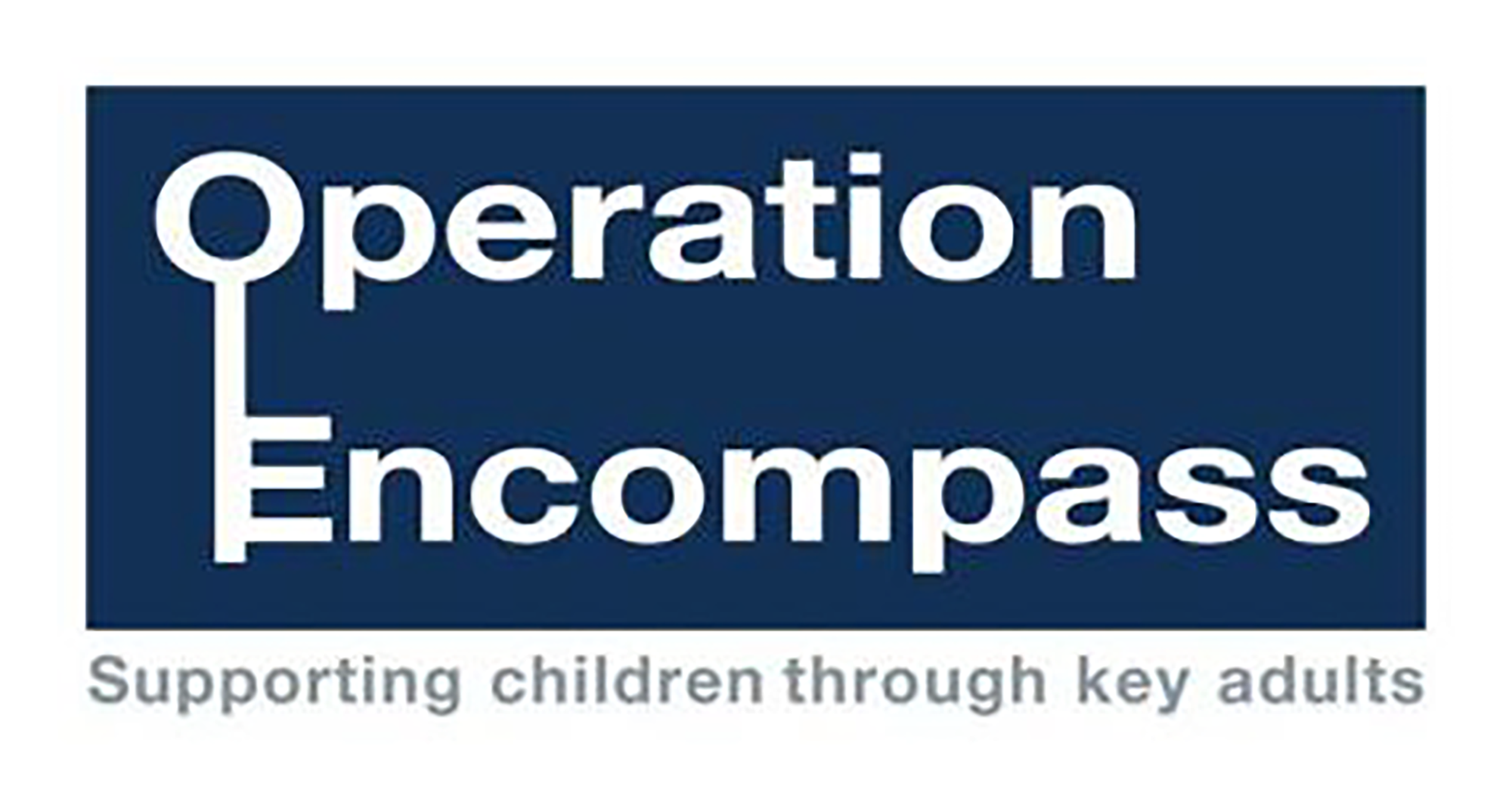 encompass
encompass plastic free schools
plastic free schools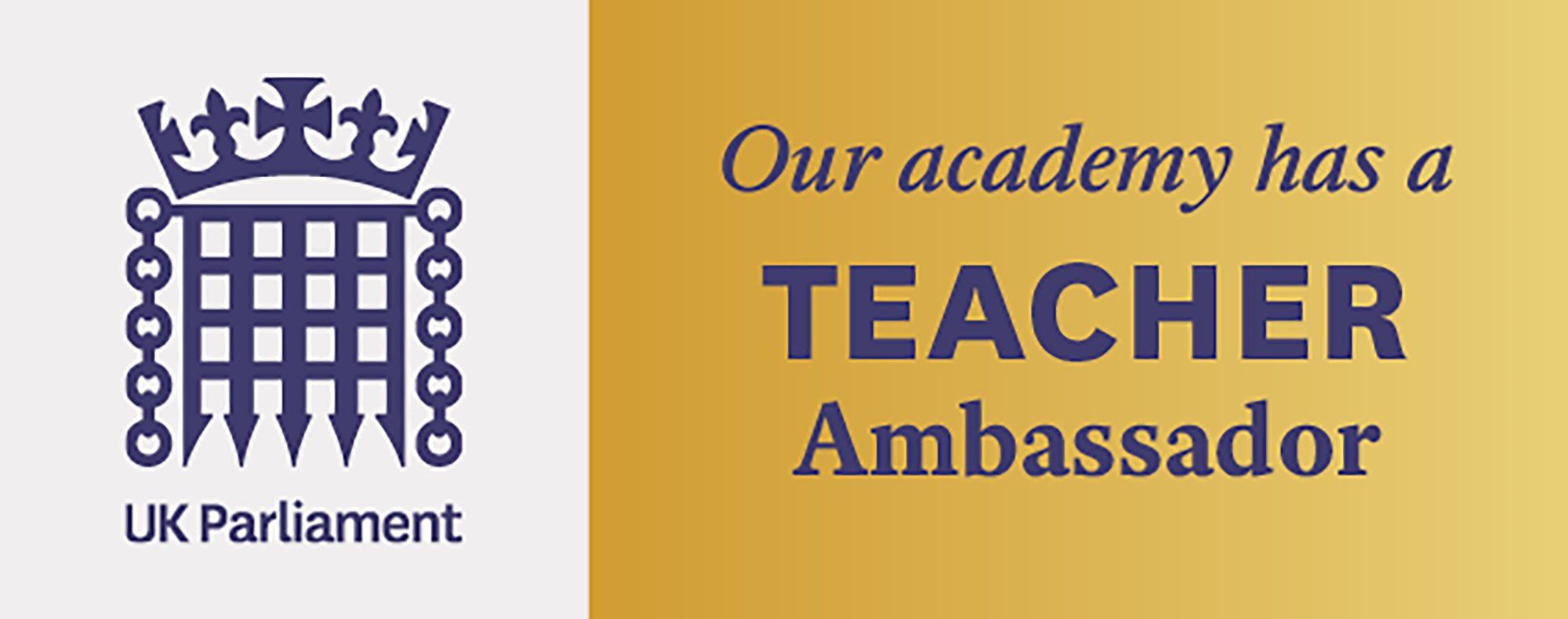 Teacher ambassador
Teacher ambassador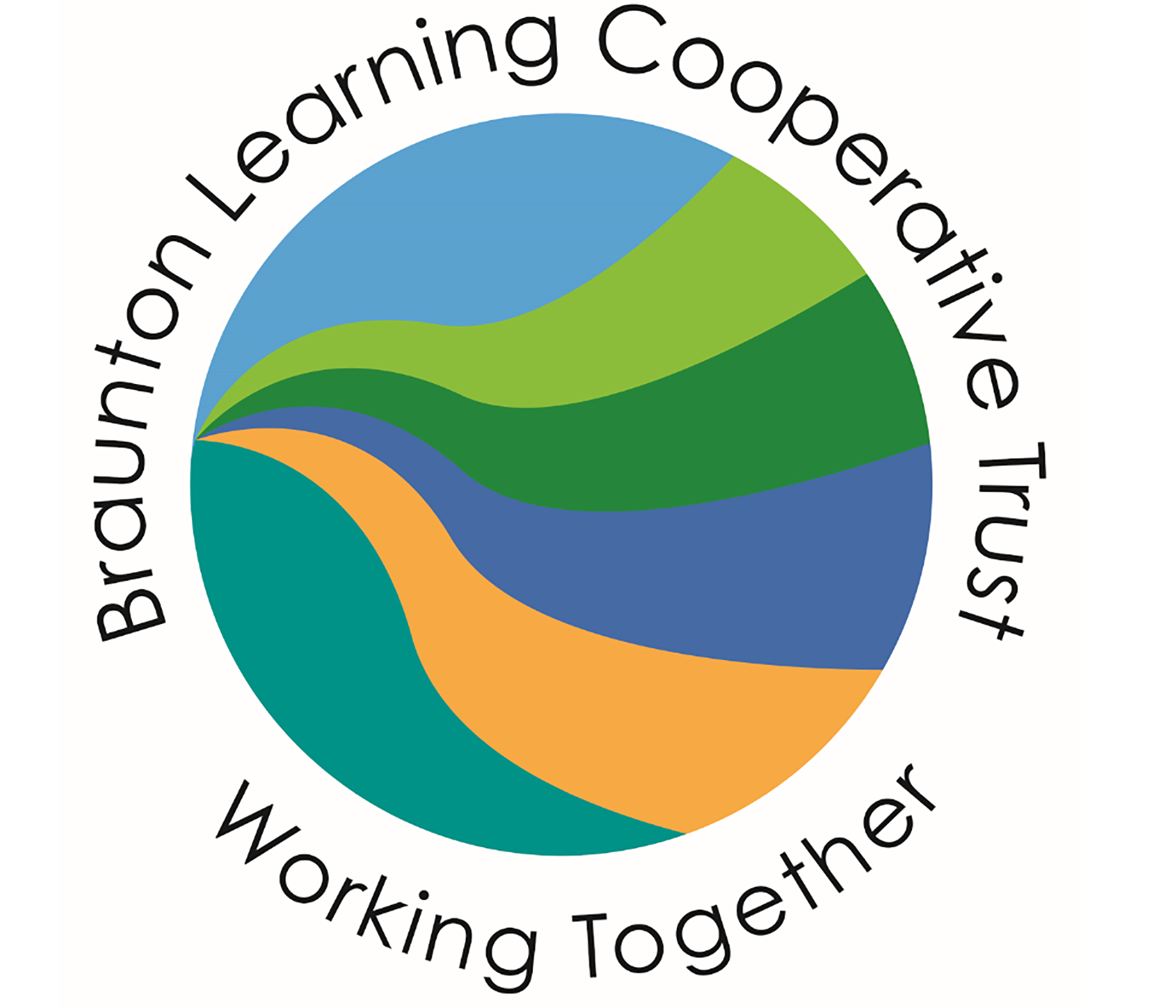 Learning cooperative trust
Learning cooperative trust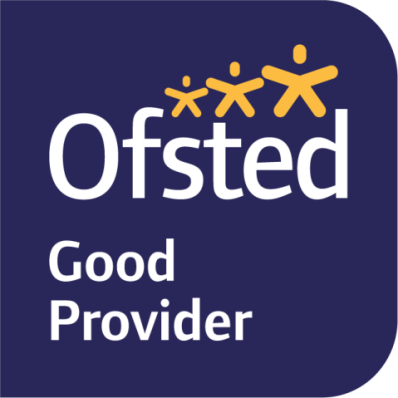 Ofsted logo
Ofsted logo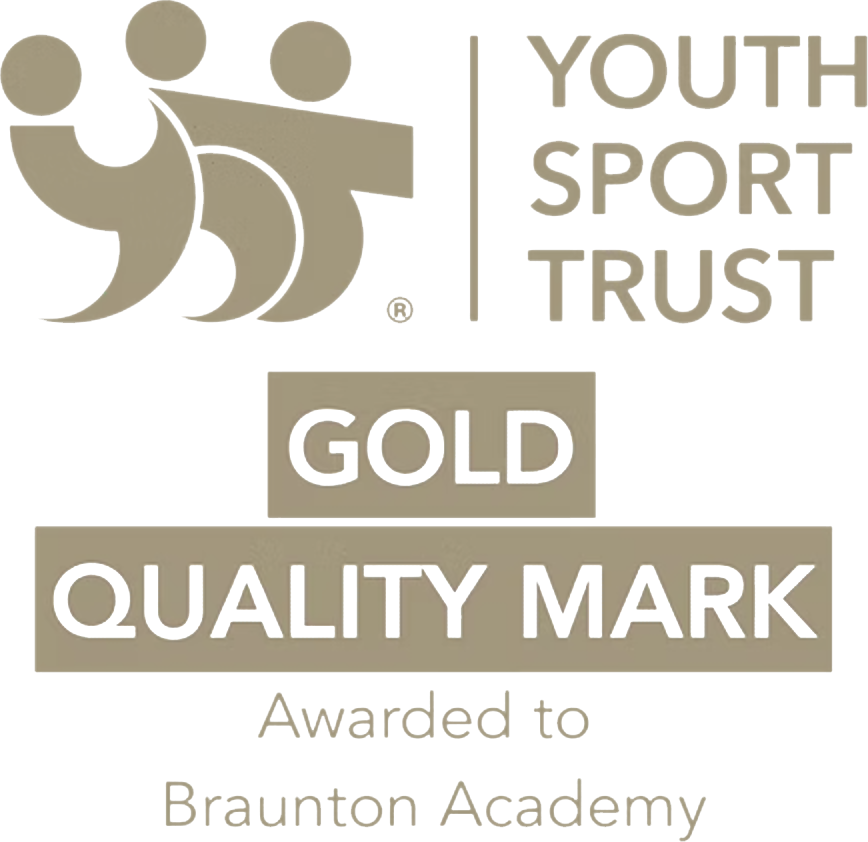 Youth Sport
Youth Sport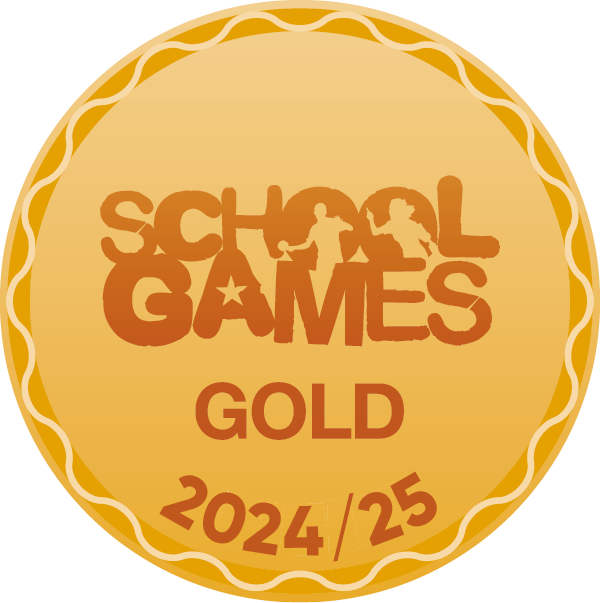 School Games Gold Award
School Games Gold Award